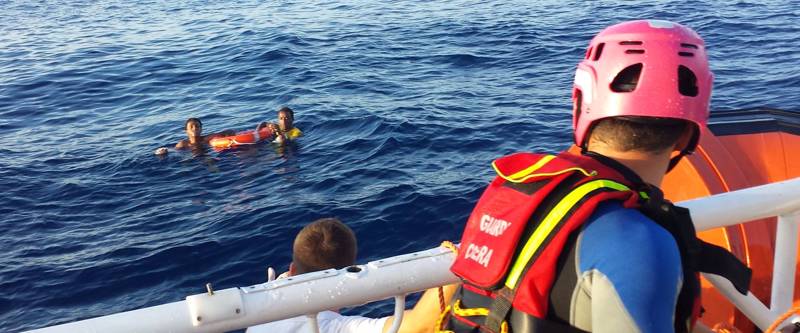The primary objective of this project is to understand how new types of humanitarian spaces are created and carved out outside, on and inside the geographical borders destined to govern mobility. This involves three secondary objectives:
- To examine and analyse the humanitarian and security interfaces in the European borderlands, and how they mutually influence each other.
- To explain the role borders play in the constitution of humanitarian spaces globally, as a means to better understand the creation of humanitarian spaces in the European borderlands.
- Finally, to contribute to a Political Sociology of Humanitarianism, as a thematic sub-field of International Political Sociology.
The external borders of the European Union (EU) have come under increased scrutiny in recent years, especially with what has become known as the 'refugee crisis'. New situations of humanitarian suffering have emerged, outside, along and inside the European borders, in different ways related to the difficulty or impossibility for some individuals to cross these borders.
This has led to the emergence of new 'humanitarian spaces' alongside the border security agencies with a mandate to control the borders, as well as inside Europe. These new 'humanitarian spaces' differ in many ways from how they have been understood traditionally in the global borderlands. The HumBORDER project examines these new humanitarian spaces, and how they in different ways are due to and how they relate to border regimes and the politics destined to govern mobility. As part of this development, the project also analyzes the humanitarian and security interfaces in Europe through a socio-legal analysis of the evolving boundaries between legality and illegality in humanitarian action, and the turn to criminalization as a mode of governing humanitarian space as well as the self-protection practices of people on the move. The project explores the co-constitutive relationship between processes of legalization and regulation and the rise of illegalities.
The HumBORDER project takes a global scope to understand the role of borders in humanitarianism, and the European Union and the 'refugee crisis' as a specific case to study the new issues that arise. It does so through a three-pronged methodological approach:
- It examines the role of borders in constituting humanitarian crisis, and how state vs. humanitarian governance responds to them;
- It takes a three dimensional approach to the borders, through its land, sea and air spaces, as a means to understand the way the EU borders function (socio-politically and legally), and how these create different forms of humanitarian suffering, responsibilities and responses; and
- It studies specific humanitarian responses to the 'refugee crisis', by established humanitarian organizations and new volunteer initiatives that have emerged, through case studies in Greece, France and Norway.
By investigating these issues through a multidisciplinary approach, at the core of contemporary humanitarianism, the HumBORDER project will contribute to further developing the emergent thematic sub-field of a Political Sociology of Humanitarianism













